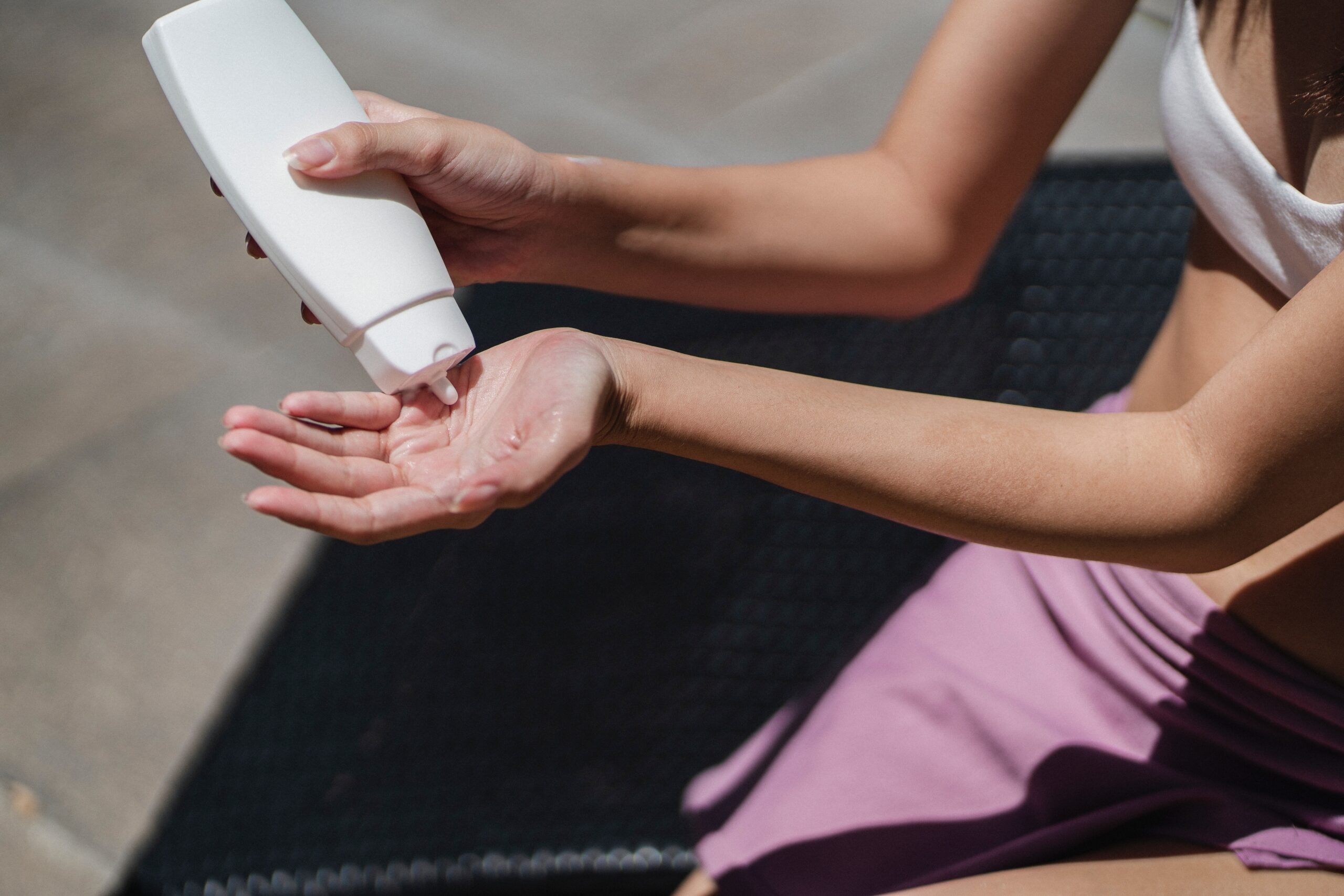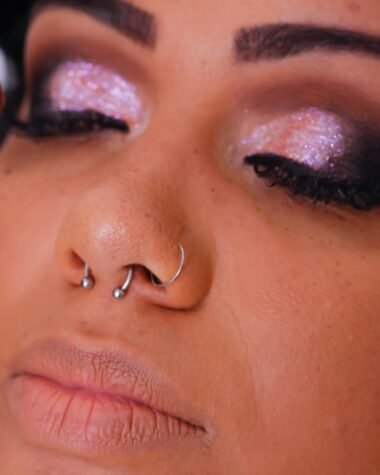Usually, it won’t be as dark or streaky as you expected, and you’ll find that the formula didn’t have time to dry. This is when it will run in water, sweat, or contact with a substance like baking soda or lemon juice. To remove the streaks, rub the affected area with baking soda or lemon juice and then reapply. In some cases, self-tanner formulas are too streaky to remove, and you may need to re-apply to make them even.
Can I leave self-tanner on for 12 hours?
The active ingredient in self-tanners is dihydroxyacetone (DHA). This chemical changes the skin’s color and has a peculiar odor. If you’re a light-haired person, you should avoid getting the product on your brow hair, and scalp. Another area that can turn orange after self-tanning is the hands. To avoid staining your hands, you can wear latex gloves or tanning mitts.
You can avoid over-exposure to the self-tanning ingredient by exfoliating your skin beforehand. You can use a moisturizing body wash to remove dead skin. Otherwise, you will end up with a dark tan. Another tip to prepare the skin for self-tanner application is to shave your legs before applying the lotion. While shaving opens your pores, it also leaves you with razor cuts. Therefore, schedule your shave a few hours before applying the self-tanner.
What happens if you leave self-tanner on all night
You may be wondering, “what happens if you leave self tanner on too long?” If you’ve ever woken up with a streaky tan or a stained sheet, you’re not alone. Self-tanners contain DHA, a chemical that reacts with dead skin cells to produce a beautiful tan. But, how long will it take to reach your desired level of color? Depending on your product, you’ll need to leave it on for five to six hours.
The best way to prolong the effect of your self-tanner is to moisturize afterward. Applying a moisturizing oil-free moisturizer before bed will help prevent your skin cells from flaking off too quickly, keeping your tan lasting longer. Using an oil-free moisturizer before bed will also help keep the self-tanner on your skin, as well as prevent it from fading over time.
What’s the longest you can leave self-tanner on?
You may be wondering: what happens if you leave self tanner on too long? The answer is pretty simple – it works off your skin’s pH balance. This is why it is important to moisturize before applying a self-tanner. You can also use a fixer spray, which is available only from beauty supply stores. Applying a fixer spray helps prevent the self-tanner from sticking to your skin.
Most self-tanning lotions contain drying agents, which are supposed to make the tanning solution dry quickly. But this actually causes your skin to dry out and slough off easily. You can avoid this by using a moisturizing self-tanner, which may take a little longer to dry, but it won’t cause your skin to become overly dry.
Can you leave a 2-hour tan on overnight?
You should leave your tan on for at least two hours to get the deepest tan possible. You can leave a tanning product on overnight, but it will not give you the deepest tan. For the best result, leave it on for the recommended amount of time and then wash it off in the morning.
Spray tanning is usually left on for six to eight hours, but a two-hour tan requires only two hours. This is similar to a traditional spray tan, but it develops in the same amount of time. Although the 2-hour tan appears to have little or no tan after two hours, the difference is apparent three to four hours after application. If you leave a two-hour tan on overnight, you risk developing a light re-coat that looks a little too orange, but if you leave it on for longer, you can get a darker tan.
Also Read: Does Collagen Make You Gain Weight?
conclusion
Self-tanner can have a variety of bad effects. In addition to making you smell like a caramelized marshmallow, it can also cause the self-tanner to fade away too quickly. Self-tanners can also inhibit the body’s ability to produce vitamin D, which is essential for bone and muscle health. This vitamin is also thought to reduce the risk of cancer.








